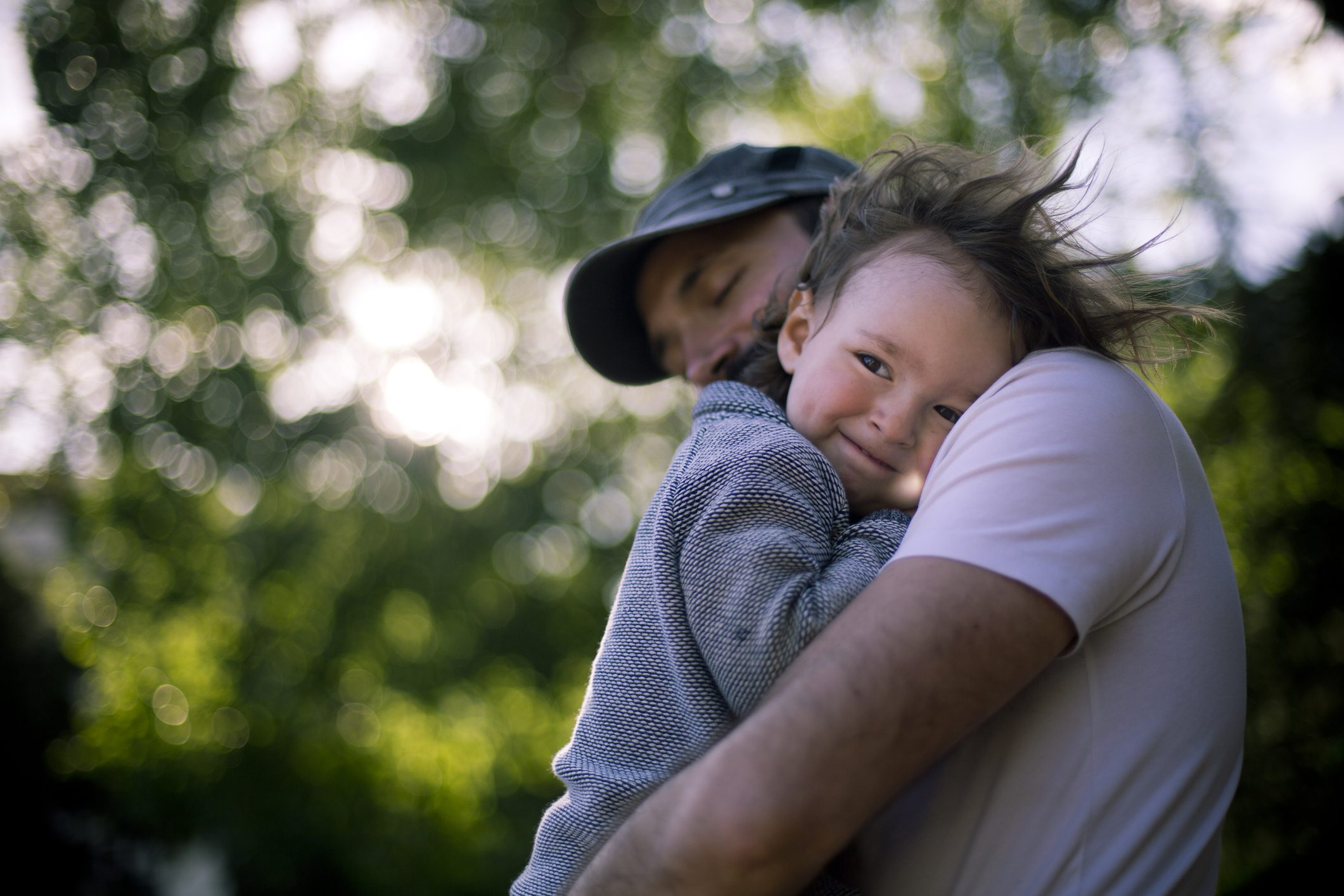Charles Brennan provided testimony in support of House Bill 24-1129, Protections for Delivery Network Company Drivers. CCLP is in support of HB24-1129.
Recent articles
CCLP testifies in support of TANF grant rule change
CCLP's Emeritus Advisor, Chaer Robert, provided written testimony in support of the CDHS rule on the COLA increase for TANF recipients. If the rule is adopted, the cost of living increase would go into effect on July 1, 2024.
CCLP testifies in support of updating protections for mobile home park residents
Charles Brennan provided testimony in support of House Bill 24-1294, Mobile Homes in Mobile Home Parks. CCLP is in support of HB24-1294.
CCLP’s legislative watch for April 5, 2024
For the 2024 legislative session, CCLP is keeping its eye on bills focused on expanding access to justice, removing administrative burden, preserving affordable communities, advocating for progressive tax and wage policies, and reducing health care costs.
ANNOUNCEMENT: Burnes Institute partners with CCLP

A generous gift from Donald W. and Lynn K. Burnes will give Coloradans more insights on how public policies can improve outcomes for Coloradans experiencing poverty.
The Burnes will provide Colorado Center on Law and Policy with funding and Don will provide his expertise to support CCLP’s current research and ensure that the organization’s legislative and legal advocacy work is evidence-based, while advancing a racial-equity and anti-poverty agenda. The funding will create The Burnes Institute for Poverty Research at CCLP. The Burnes also founded the Burnes Center at the University of Denver Graduate School of Social Work, where they were the lead donors.
The co-author of three books on poverty, Burnes has served as an executive director for various nonprofits. He is a historian, researcher and consultant on policy and philanthropy. Burnes received his bachelor’s degree from Princeton University, a master’s degree from Washington University in St. Louis and a PhD from Columbia University Teachers’ College. He has studied issues and policies around poverty for more than 30 years.
Founded in 1998, Colorado Center on Law and Policy is a nonprofit research, legislative and legal advocacy organization committed to promoting racial equity and economic security for Coloradans facing poverty. The organization works on issues pertaining to affordable housing, health care, food and income. CCLP’s numerous accomplishments include helping to establish a statewide Earned Income Tax Credit and playing a leading role in Colorado’s decision to expand Medicaid under the Affordable Care Act – giving roughly 250,000 more Coloradans access to health care coverage.
Through research and policy analysis, CCLP and its partners develop ideas to bridge the gaps in the economy so that all Coloradans have a chance to thrive. CCLP works in partnership with the advocacy community to provide the data and analysis that support meaningful policy change. For example, in 2017 CCLP partnered with Colorado Coalition for the Homeless in reviewing eviction cases in Denver County Court. The findings of the report, entitled Facing Eviction Alone, suggested that most evictions could be avoided if tenants were represented by an attorney. The report received wide press coverage and prompted the city of Denver to establish its first-ever eviction defense fund. The study may have been the impetus for the approval of Senate Bill 180, which CCLP developed in the 2019 legislative session. The bill established a $750,000 legal defense fund to help Coloradans facing eviction.
CCLP’s research and analysis portfolio includes The Self-Sufficiency Standard for Colorado, a comprehensive measure of how much income families of various sizes and compositions need to make ends meet without public or private assistance. It also releases the annual State of Working Colorado, a compendium of data that shows how Colorado’s economy is performing for workers across the income spectrum, among numerous reports and issue briefs.
“As I look to the future of our Institute and of CCLP at large, I see exciting opportunities to affect systemic change in Colorado and throughout the nation,” said Burnes in a recent blog posting for CCLP. “Together, we can expand our research capacity — especially as we collaborate with research and service partners around the state.”
Tiffani Lennon, CCLP’s Executive Director, emphasized that the partnership will enhance CCLP’s ability to produce high-quality research to inform its policy and legal agenda.
“This gift for the Burnes Institute will allow us to expand our influential evidence-based work,” Lennon said. “I’m grateful to Don and Lynn and so very pleased for CCLP.”
For more information, contact Bob Mook, CCLP’s Director of Communications at bmook@copolicy.org or at 303-573-5669, ext. 311.





